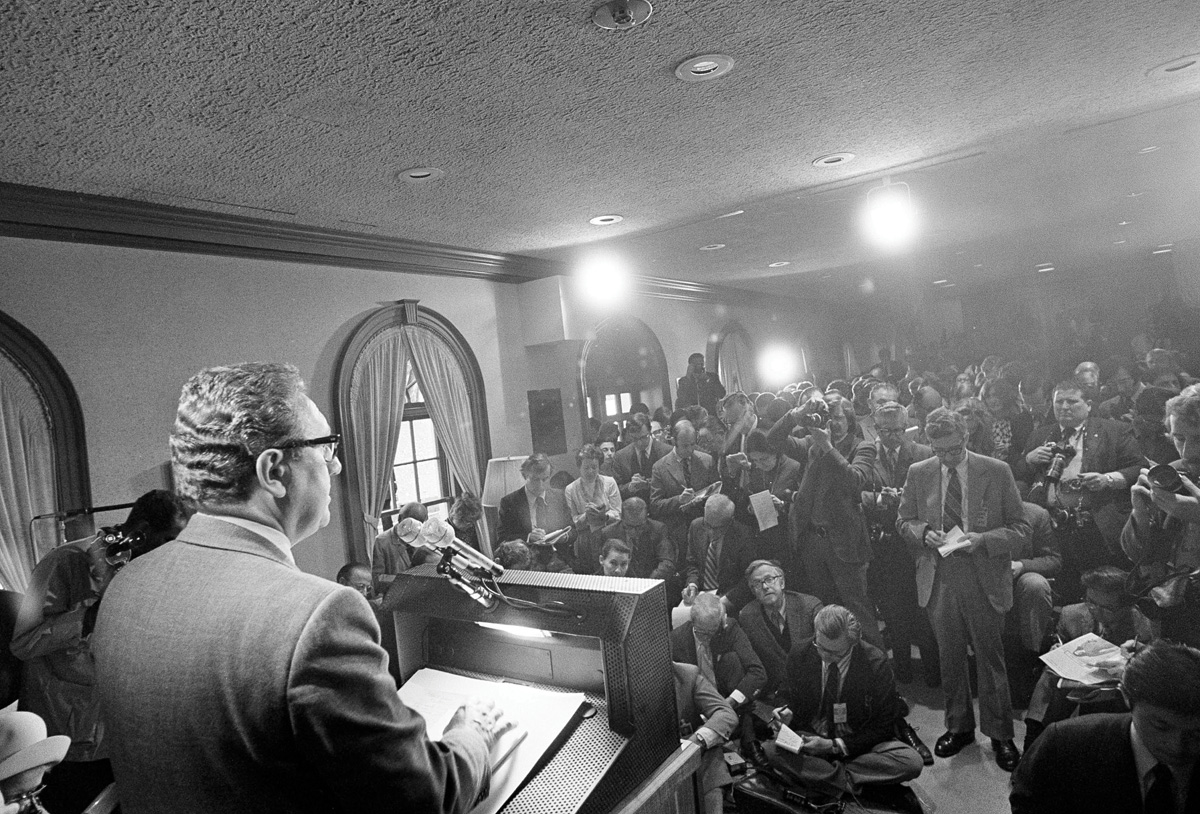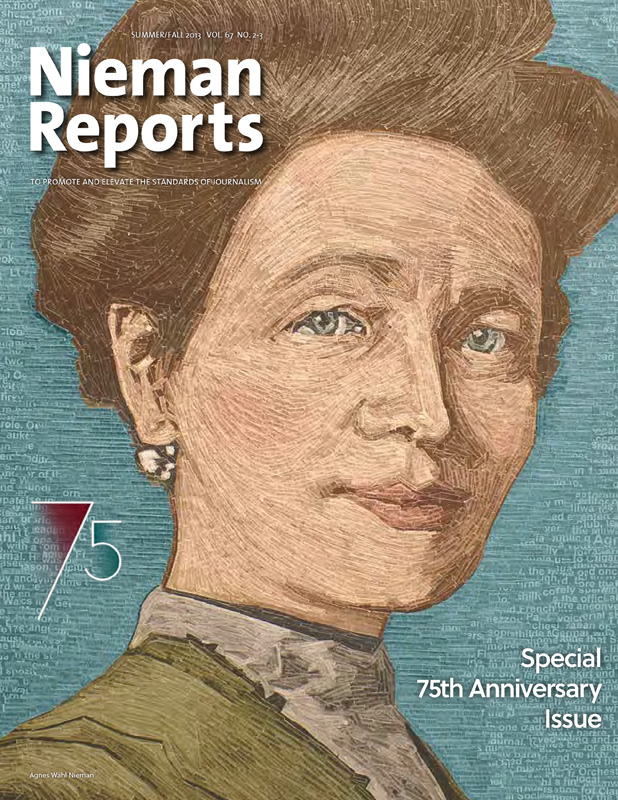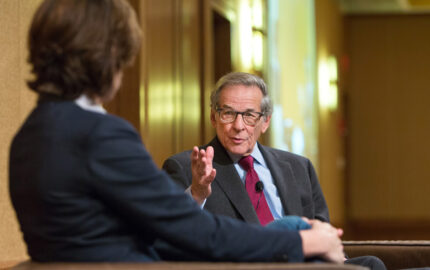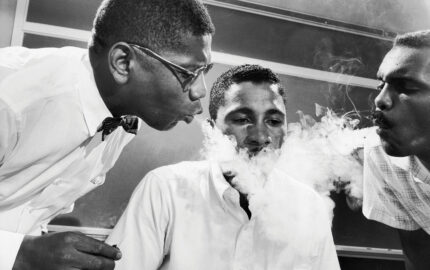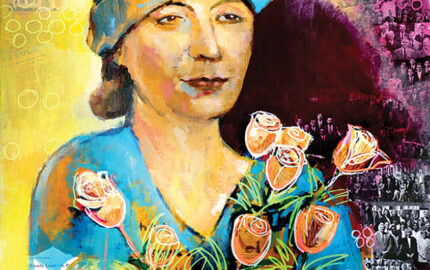Washington Post reporter Marder (1919–2013) made his name on the “red beat,” where he was among the first to challenge U.S. Senator Joseph McCarthy
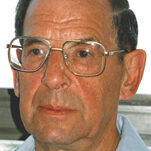
The reason I only covered the first trial of [U.S. Senator Joseph] McCarthy was because during the next trial I was going up to Harvard as a Fellow of the Nieman Foundation for Journalism at Harvard, which is a rare prize to get in journalism. I was delighted to have it because it gave me several things. It gave me the substitute of a great fortune of a college education, at the level of a master’s degree. I also had a lot of dealings and learned a lot from the outstanding members of the faculty—who later became major figures in the Kennedy administration—whom I drew on for the rest of my life in journalism, not as cronies, but as a valuable sources of information, from whom I remained independent, never treating them as sources to whom I had any obligation …
I also met Henry Kissinger. Neither he nor I remember anything that either one of us said at the time, though I do remember an exchange we had later, after he became national security adviser. I had spoken to him for a story, and he called me the next day to say that he was “startled” by what I had written. “Wait a minute,” I said. “Did I misquote you?” He said, “No.” We had no private arrangement at that time, or anything. I said, “I quoted you correctly?” He said, “Oh, you quoted me correctly. I told you my view on the situation.” In the next sentence, however, another senior official source in the administration had said exactly the opposite of what [Kissinger] said. He said, “Why did you do that?” And I said, “That’s called journalism now.”
From an interview with Marder conducted by his nephew, Martin Sokoloski, in March 2012
